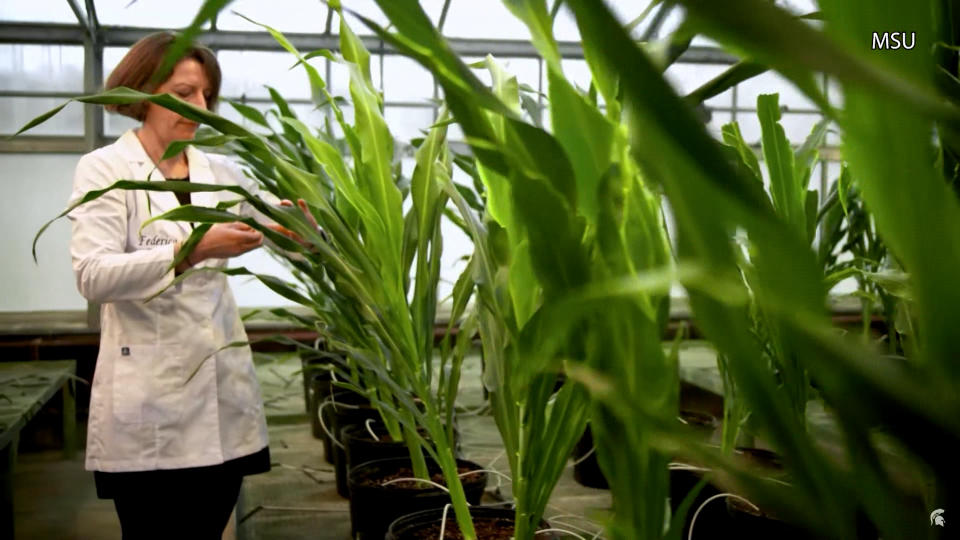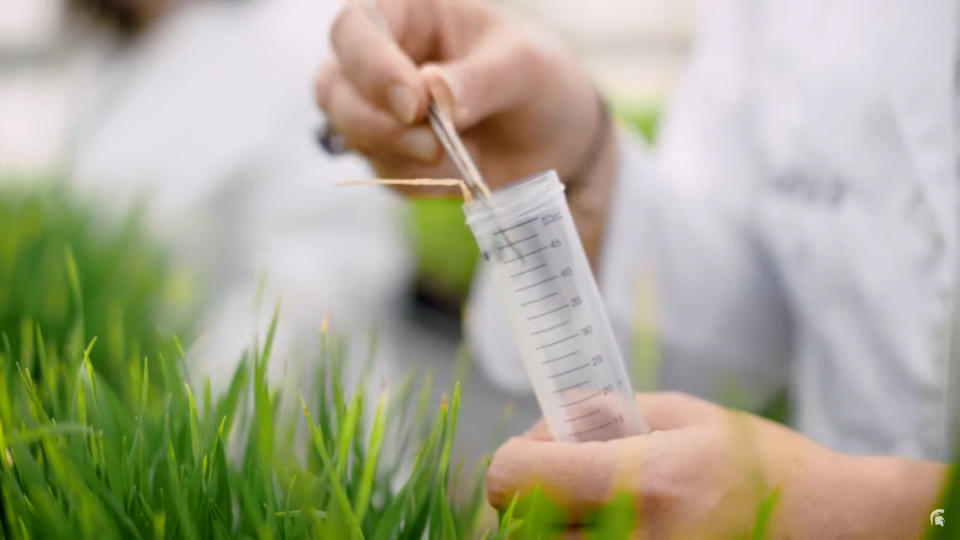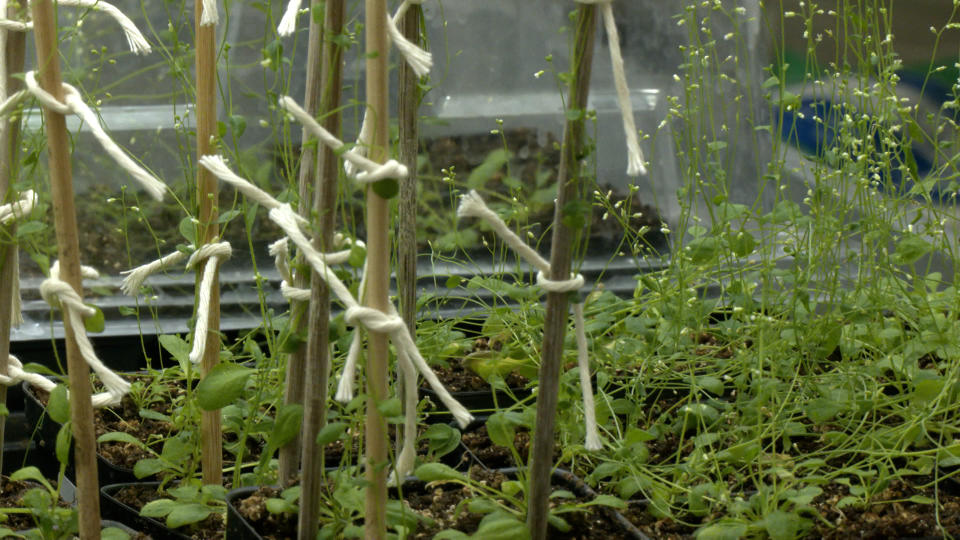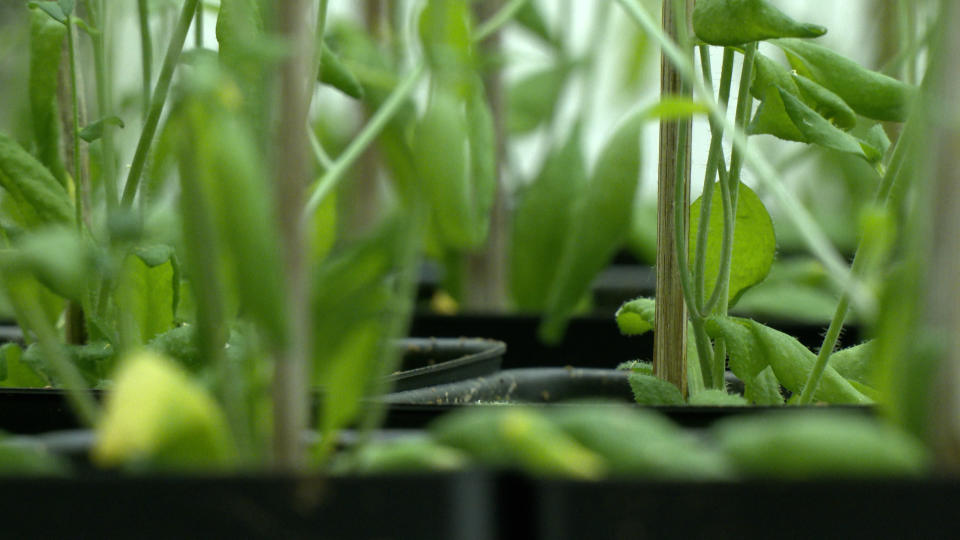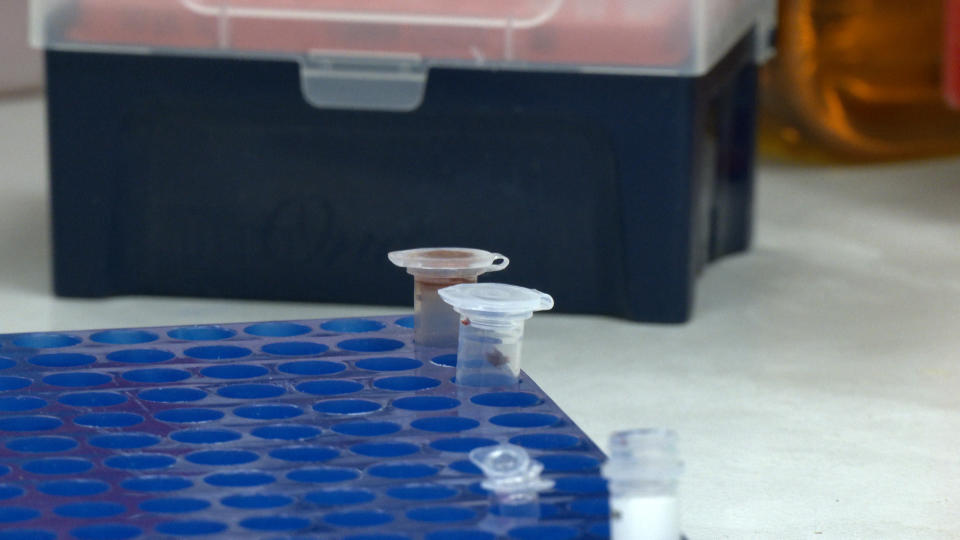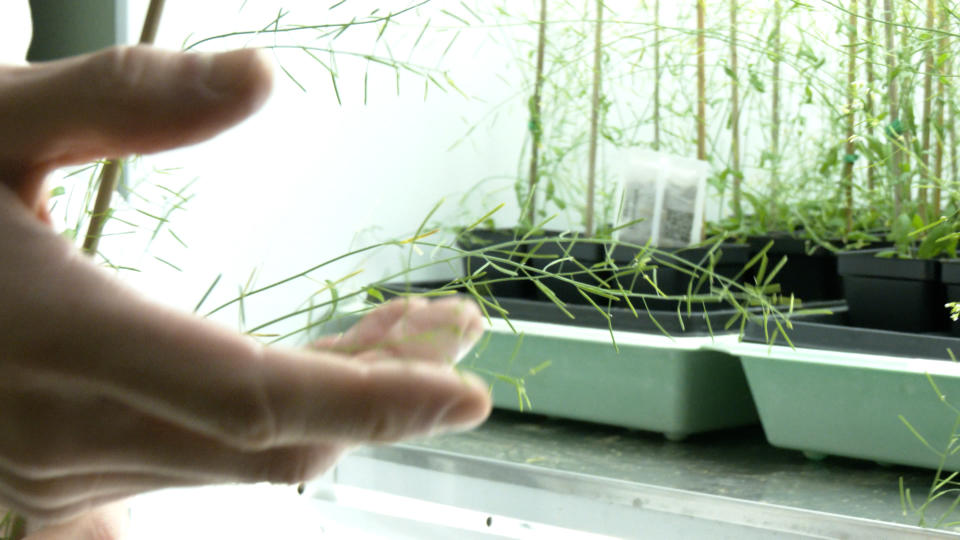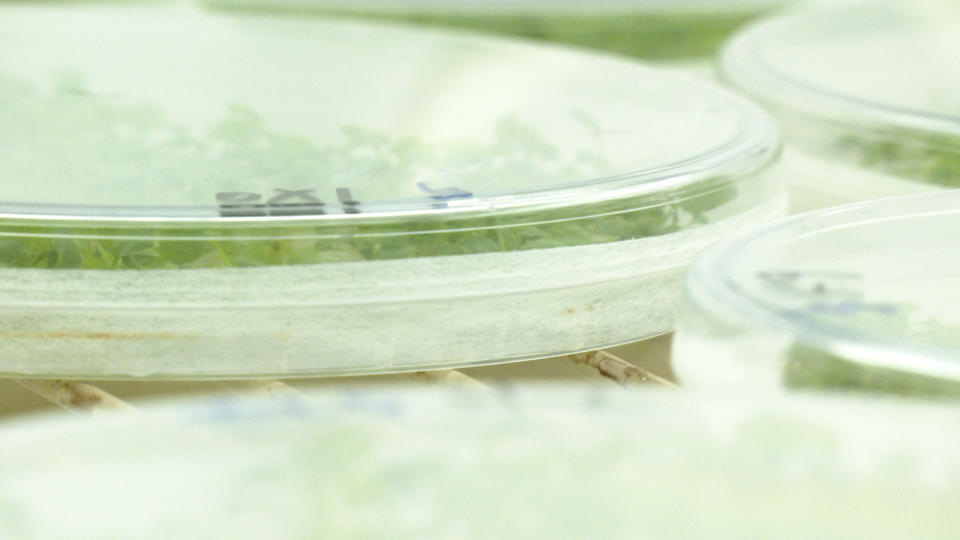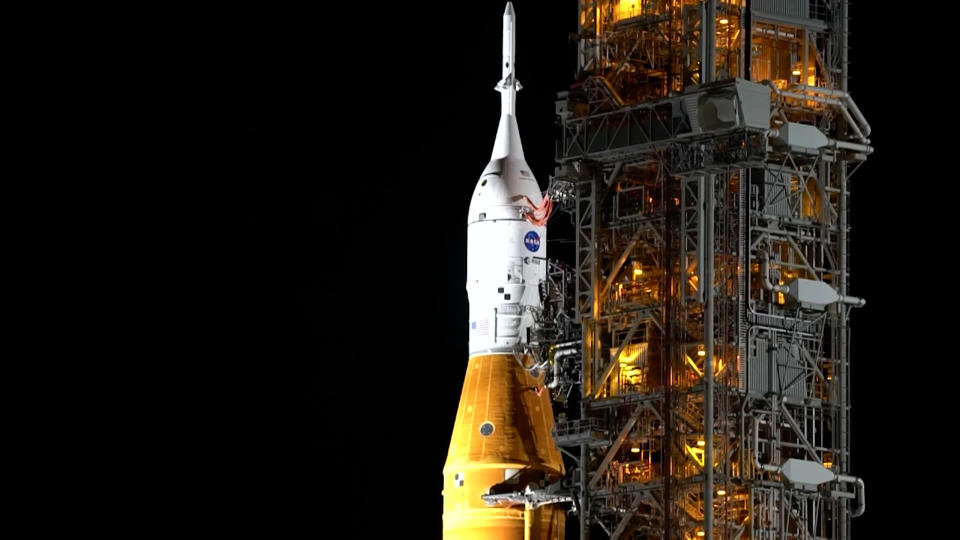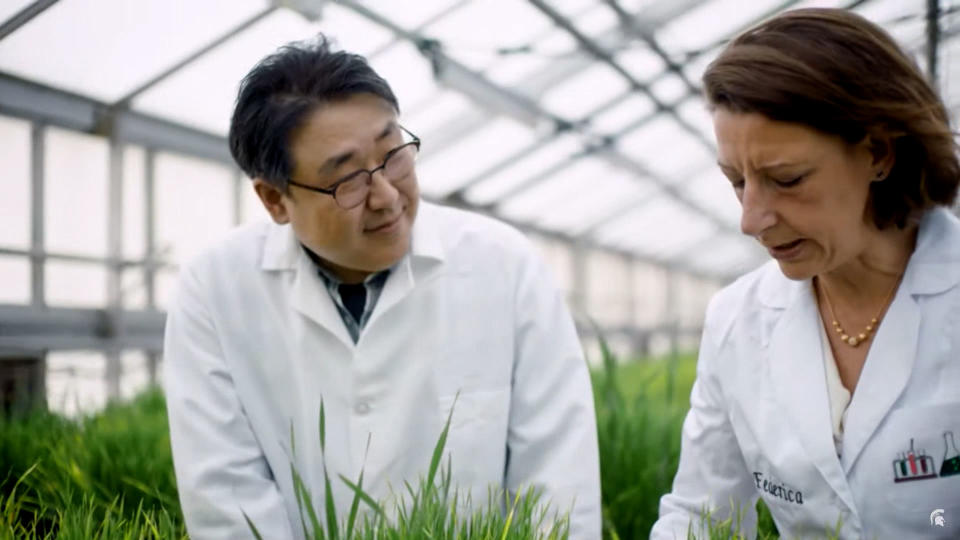MSU seeds are back from space–and better than ever
EAST LANSING, Mich. (WLNS) — How are astronauts going to grow their food when they’re in space? It’s a question that Michigan State University scientists are asking, and one that they’re growing closer to answering.
“We sent seeds to space, to go around the moon and come back,” said Dr. Federica Brandizzi, MSU Distinguished Professor of Plant Biology.
Dr. Brandizzi’s research team at MSU sent the genetically modified seeds into lunar orbit in November of 2022.
“This was really trying to break new frontiers, and we were really curious what would happen to seeds. Could they maintain their viability,” Brandizzi said.
Well, the seeds are back from their trip around the moon–and her team of researchers has been able to analyze how they were affected by space flight.
MSU plant biology researches sent genetically modified and unmodified seeds into lunar orbit. MSU plant biology researches sent genetically modified and unmodified seeds into lunar orbit. MSU plant biology researches sent genetically modified and unmodified seeds into lunar orbit. MSU plant biology researches sent genetically modified and unmodified seeds into lunar orbit. MSU plant biology researches sent genetically modified and unmodified seeds into lunar orbit. MSU plant biology researches sent genetically modified and unmodified seeds into lunar orbit. MSU plant biology researches sent genetically modified and unmodified seeds into lunar orbit. MSU plant biology researches sent genetically modified and unmodified seeds into lunar orbit. MSU plant biology researches sent genetically modified and unmodified seeds into lunar orbit. MSU plant biology researches sent genetically modified and unmodified seeds into lunar orbit.
The team sent a mixture of genetically modified and unmodified seeds. Dr. Brandizzi told 6 News that the seeds that were unmodified prior to blast-off, came back and grew just fine.
Which is a revolution, in and of itself.
But the biggest find was with the seeds the team did modify. “When these seeds came back from space, and we made them germinate on earth, we find out these seeds are doing better than the seeds that never flew to space,” said Brandizzi.
They found that the seeds they’d infused with a potentially deadly amount of amino acids here on Earth–don’t die when put into orbit.
“Something happened in space that altered the response of these seeds, so rather than being sick, now they get better,” she said.
Amino acids, in theory, are said to stimulate growth and make the plants yield more.
Big discoveries like these give Brandizzi and her team more leverage to be invited on future expeditions. Their only job is to keep asking the questions.
“What is the next big question that we can ask, that makes sense, that is worth the investment from NASA,” said Brandizzi.
And the next stop for the seeds–may be Mars.
For the latest news, weather, sports, and streaming video, head to WLNS 6 News.
